Spider Bite vs Mosquito Bite: Know the Difference
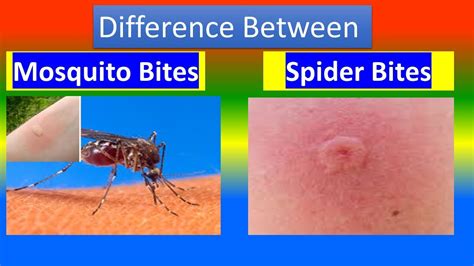
Understanding the Difference Between Spider Bites and Mosquito Bites
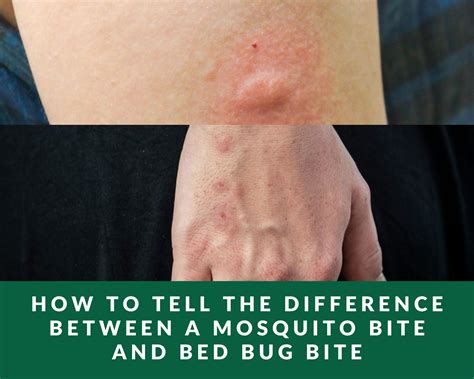
When it comes to bites from insects, it can be challenging to determine the exact culprit, especially if you didn’t see the insect bite you. Two common types of bites that can be tricky to distinguish from one another are spider bites and mosquito bites. While both can be painful and uncomfortable, they have distinct characteristics that can help you identify which type of bite you’ve sustained.
Characteristics of Spider Bites
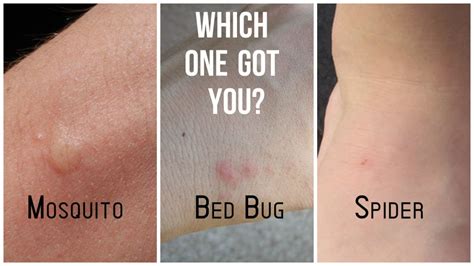
Spider bites can be identified by the following characteristics:
- Pain: Spider bites can be painful, especially if the spider that bit you is venomous. The pain may range from a mild stinging sensation to a more severe, burning feeling.
- Redness and Swelling: The area around the bite may become red, swollen, and inflamed. This is usually accompanied by a raised, itchy bump or blister.
- Blisters or Lesions: Some spider bites, like those from the brown recluse spider, can cause blisters or lesions to form. These blisters can be small and circular or larger and more irregularly shaped.
- Itching: Spider bites can cause intense itching, especially if the venom triggers an allergic reaction.
Characteristics of Mosquito Bites
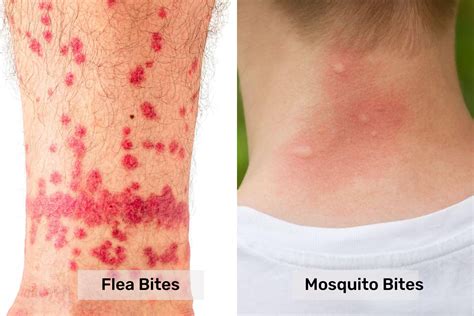
Mosquito bites, on the other hand, have the following characteristics:
- Itching: Mosquito bites are often extremely itchy, and the itching can persist for several days.
- Redness and Swelling: Mosquito bites can cause the skin to become red, swollen, and inflamed.
- Small, Raised Bumps: Mosquito bites typically appear as small, raised bumps on the skin. These bumps may be flat or slightly raised and can be itchy.
- Hives or Rashes: In some cases, mosquito bites can trigger an allergic reaction, leading to hives or rashes.
Key Differences Between Spider Bites and Mosquito Bites
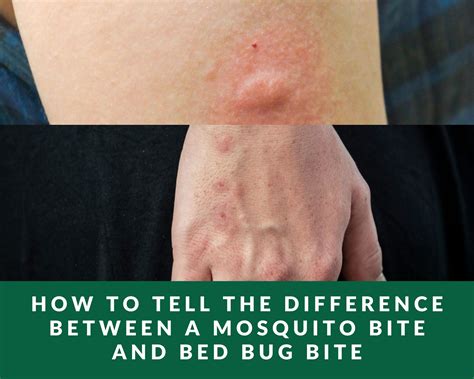
To help you distinguish between spider bites and mosquito bites, here are some key differences to look out for:
- Number of Bites: Mosquito bites often appear in clusters or multiples, as mosquitoes tend to bite multiple times in the same area. Spider bites, on the other hand, are usually solitary.
- Location of Bites: Mosquito bites often occur on exposed skin, such as the arms, legs, and face. Spider bites can occur anywhere, including on clothing-covered skin.
- Pain: Spider bites can be more painful than mosquito bites, especially if the spider is venomous.
- Reaction Time: Mosquito bites typically cause a reaction within minutes of the bite, while spider bites may take longer to develop symptoms.
When to Seek Medical Attention
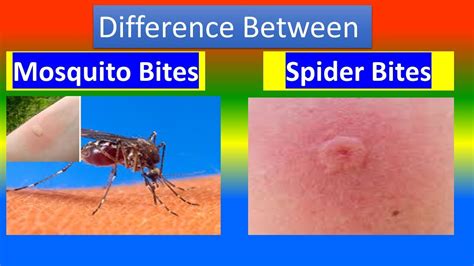
If you suspect you’ve been bitten by a spider or mosquito, it’s essential to monitor your symptoms and seek medical attention if you experience any of the following:
- Severe Pain: If the pain from the bite is severe, worsening, or spreading.
- Swollen or Infected Skin: If the skin around the bite becomes severely swollen, red, or infected.
- Difficulty Breathing: If you experience difficulty breathing, wheezing, or a rapid heartbeat after a spider bite.
- Fever or Chills: If you develop a fever, chills, or a headache after a spider or mosquito bite.
🚨 Note: If you suspect you've been bitten by a black widow or brown recluse spider, seek medical attention immediately, as their venom can cause severe reactions.
Prevention is Key
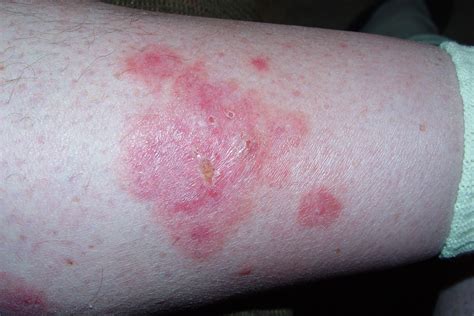
While it’s impossible to completely eliminate the risk of spider or mosquito bites, there are steps you can take to reduce your chances of getting bitten:
- Wear Protective Clothing: Wear long-sleeved shirts, long pants, and closed-toe shoes when outdoors, especially in areas where mosquitoes and spiders are common.
- Use Insect Repellent: Apply insect repellent to exposed skin and clothing to help deter mosquitoes and spiders.
- Seal Entry Points: Seal any entry points around your home to prevent spiders and mosquitoes from entering.
In conclusion, while spider bites and mosquito bites can be uncomfortable and painful, they have distinct characteristics that can help you identify which type of bite you’ve sustained. By understanding the differences between these two types of bites and taking steps to prevent them, you can reduce your risk of getting bitten and enjoy the outdoors with peace of mind.
What should I do if I get bitten by a spider?

+
If you get bitten by a spider, wash the affected area with soap and water, apply a cold compress to reduce swelling, and take an over-the-counter pain reliever to alleviate pain. If you experience severe symptoms or suspect you’ve been bitten by a venomous spider, seek medical attention immediately.
Can I get diseases from mosquito bites?
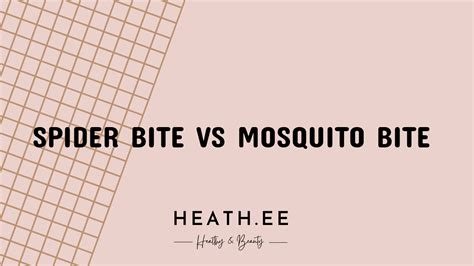
+
Yes, mosquito bites can transmit diseases such as Zika, dengue fever, and malaria. It’s essential to take preventive measures, such as wearing insect repellent and eliminating standing water around your home, to reduce your risk of getting bitten and contracting these diseases.
How long do spider bites take to heal?
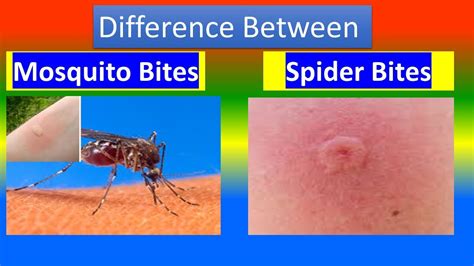
+
Most spider bites heal on their own within a few days to a week. However, if the bite becomes infected or you experience severe symptoms, it may take longer to heal. If you’re concerned about a spider bite, consult with a healthcare professional for proper diagnosis and treatment.



